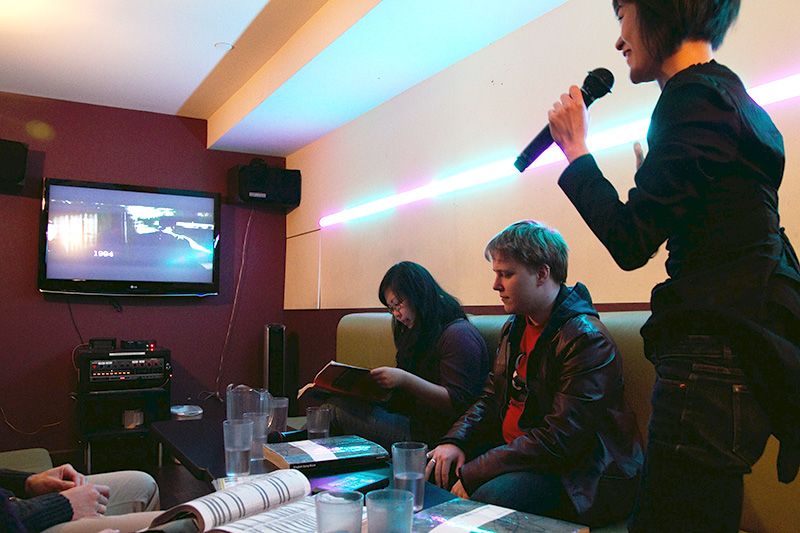

Widely known for its high-quality karaoke systems, Big Echo has a wide selection of songs in major languages (Japanese, English, Korean and Chinese) available at really reasonable prices.
JAPANESE KARAOKE GENRE MOVIE
(Fun Fact: Their Shibuya branch was also featured in the Hollywood movie “Lost in Translation” and is a must-visit spot for all the Bill Murray fans.)Īnother widely popular chain is Big Echo, which is the biggest karaoke chain in Japan.

They have stores near major train stations in Tokyo, making it easily accessible for tourists and locals looking for a place to chill after work. One of the most famous karaoke chains in Japan, Karaoke-kan is easily recognized with its blue and red signboard. The most popular Karaoke chains worth checking out are below : Karaoke in Japan has become a significant source of revenue, and with more than 1,00,000 karaoke establishments around the country, you’ll find karaoke chains offering an extraordinary experience from the moment you enter their space. If you are looking to host a special karaoke night for your friends at your home/office, many places rent out karaoke equipment on an hourly/daily basis. Some Japanese-style bars or restaurants also host an open-mic karaoke night, where the guests can choose a song of their liking and perform in front of everyone instead of having a private room for their group. In a typical karaoke establishment, you will find separate rooms with a karaoke system (speakers, amplifiers, etc.), a microphone, a screen or projector that displays the song’s lyrics, and control panels to adjust the volume, lights, etc. Originating in Japan in the 1970s, karaoke soon became a widely popular source of entertainment worldwide, with many nightlife establishments and clubs introducing special ‘karaoke nights’ to attract more visitors. Karaoke is a Japanese word which basically is a combination of two words – “kara” or 空 which means empty and “oke” or “オケ” which means orchestra / オーケストラ- which makes empty orchestra, i.e.


 0 kommentar(er)
0 kommentar(er)
